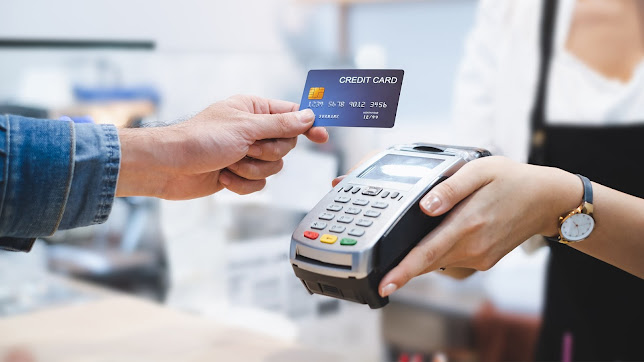High Risk Payment Processor

As an ecommerce business, you may find yourself in need of a high risk payment processor . This is because some businesses are considered to be high risk by banks and other financial institutions. There are a few different reasons why your business may be considered high risk, but the most common reason is that you sell products or services that are considered to be high risk. There are a few things that you should keep in mind if you are looking for a high risk payment processor. The first is that you will likely have to pay higher fees than businesses that are not considered high risk. This is because the processor is taking on more risk by working with you. You will also likely have to provide more information about your business and your customers to the processor. The good news is that there are many high risk payment processors out there that can work with you. You just need to shop around and find one that is right for your business. Be sure to compare fees and terms befor...



